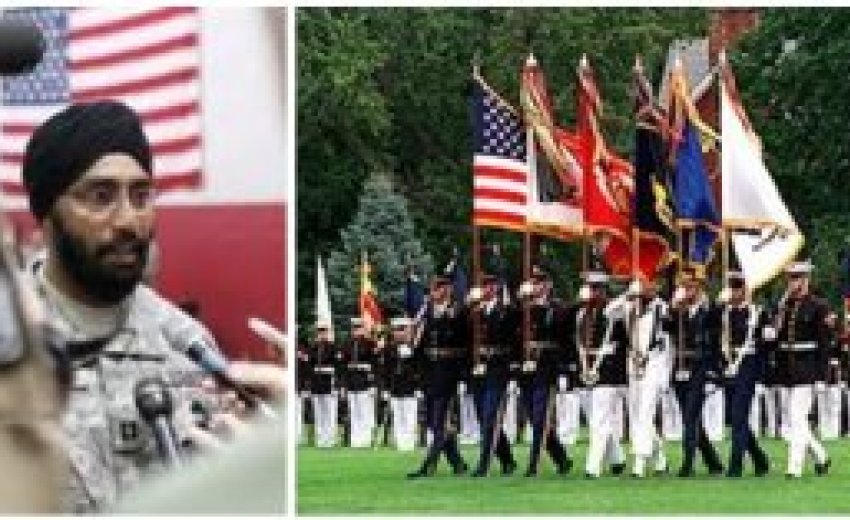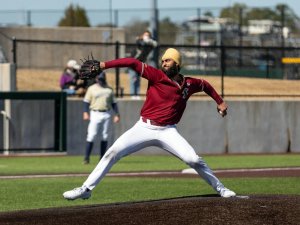08/05/13: A year ago , on August 5, 2012, a former Marine-turned-Neo-Nazi pulled out a semi-automatic gun and opened fire on a Sikh community in Oak Creek, Wisconsin, as they sang about a universal force that unites all people. Six worshippers were killed. In the months that followed, Americans learned more about Sikhs, a part of the American community for the past 100 years.
 While the raising of awareness was one positive development to come out of such a horrific incident, it begged the question: why is it that this distinctly visible minority group – of driven entrepreneurs, successful professionals, family-oriented citizens -- have only been noted and praised in tragedy? And further, why is it that Sikhs do not appear to be part of the American fabric?
While the raising of awareness was one positive development to come out of such a horrific incident, it begged the question: why is it that this distinctly visible minority group – of driven entrepreneurs, successful professionals, family-oriented citizens -- have only been noted and praised in tragedy? And further, why is it that Sikhs do not appear to be part of the American fabric?
A central part of the problem is that Sikhs have not been allowed to contribute to one of the most powerful forces that binds Americans as a people: shared sacrifice in an all-volunteer military that works tirelessly to defend and promote our common values as Americans. By establishing policies that have effectively forced Sikh Americans to choose between maintaining two of their articles of faith – namely beards and turbans – and participating in the armed forces, the military has essentially excluded this community from service.
Prior to the 1980s, Sikhs were able to join the U.S. Armed Forces with their faith intact. Since then, the military has specially exempted and outfitted only three Sikh soldiers with full beards and modified turbans. These soldiers conform to the safety and effectiveness standards that are foremost in combat situations, and have been recognized for their contributions.
What remains to be discussed is the impact of Sikh integration into U.S. military culture and discipline, and by extension, what we consider to be the normal appearance of an American. We will never know with certainty, but tragedies like Oak Creek may very well have been avoided if Sikhs were allowed to take part in the military, an integral element of American life.
Following the two World Wars, British General Sir Frank Messervy reflected on the Sikhs that had served under him: “They all died or were wounded for the freedom of Britain and the world, and during shell fire, with no other protection but the turban, the symbol of their faith." Clearly, there is no conflict between the faith of a Sikh and the ability to be an effective soldier.
The military has withstood—and gained from—these cultural shifts before. Decades ago, the integration of African Americans into military units was anticipated to decimate group morale, team effectiveness and the strength of the U.S. military. For 17 years, the "Don't Ask Don't Tell" decree stopped a generation from entering into service, under the idea that sexual orientation would be a threat to military discipline. And as recently as this past year, women were considered unable to fulfill combat roles in the armed forces.
Integration was not easy, but we can safely say that we are a stronger country for it. And each group who has sacrificed for this country has earned the gratitude and respect of their fellow Americans, as common service -- or seva, as it is known in the Sikh tradition -- destroys artificial barriers.
Our hope is that tragedies like Oak Creek never happen again. As it reflects one year after the tragedy, the Sikh community is turning a possible narrative of victimhood into one of triumph. It wants to defend the principles upon which this country was founded. It wants a generation of Americans to get used to seeing a hero coming back home in a turban and neatly kept beard. It wants to learn that a fearless Sikh man or woman they know stood with their nation's finest on a dark day, making all of our futures a little brighter.
As Sir Winston Churchill said, reflecting on Sikh commitment against tyranny: "British people are highly indebted and obliged to Sikhs for a long time. I know that within this century we needed their help twice [in two world wars] and they did help us very well. As a result of their timely help, we are today able to live with honour, dignity, and independence. In the war, they fought and died for us, wearing the turbans."
While Churchill’s words present a promising vision, we must first create the opportunity to realize it here in the U.S. In remembrance of the tragic shooting rampage against the Sikh congregation in Wisconsin last year, let us come together and give our fellow Americans the opportunity they have been requesting. Let’s open the doors of the U.S. military to Sikh Americans.
Prabhjot Singh is an assistant Professor of International and Public Affairs at Columbia University, a practicing physician and a Truman National Security Project Fellow. Simran Jeet Singh is a scholar and social activist completing his Ph.D. in the Department of Religion at Columbia University.
---------------------------------
Related Article:Sikh Americans serve in the U.S. military
By Simran Jeet Singh, G.B. Singh
Source
August 5: One year ago a white supremacist walked into a Sikh place of worship in Oak Creek, Wisconsin and opened fire on the congregation. The largest single act of hate-based violence in recent American history captured the attention of Americans across the country and cast the spotlight on a minority community that has been disproportionately targeted by this type of violence.
Sikhs have been in America for over a century now and have contributed to this nation in various ways, from education and medicine to public service and law enforcement. However, Sikh Americans who maintain their turbans and beards are still presumptively barred from serving in the military.
There have been rare exceptions to the prohibition but what is needed is widespread change. Changing this discriminatory policy would help cultivate a national military that better represents the richness and diversity of the American experience. Changing this policy would also send a powerful message to those who narrowly define what it means to be American and engage in hate violence against those they perceive to be “the other.” ...more






